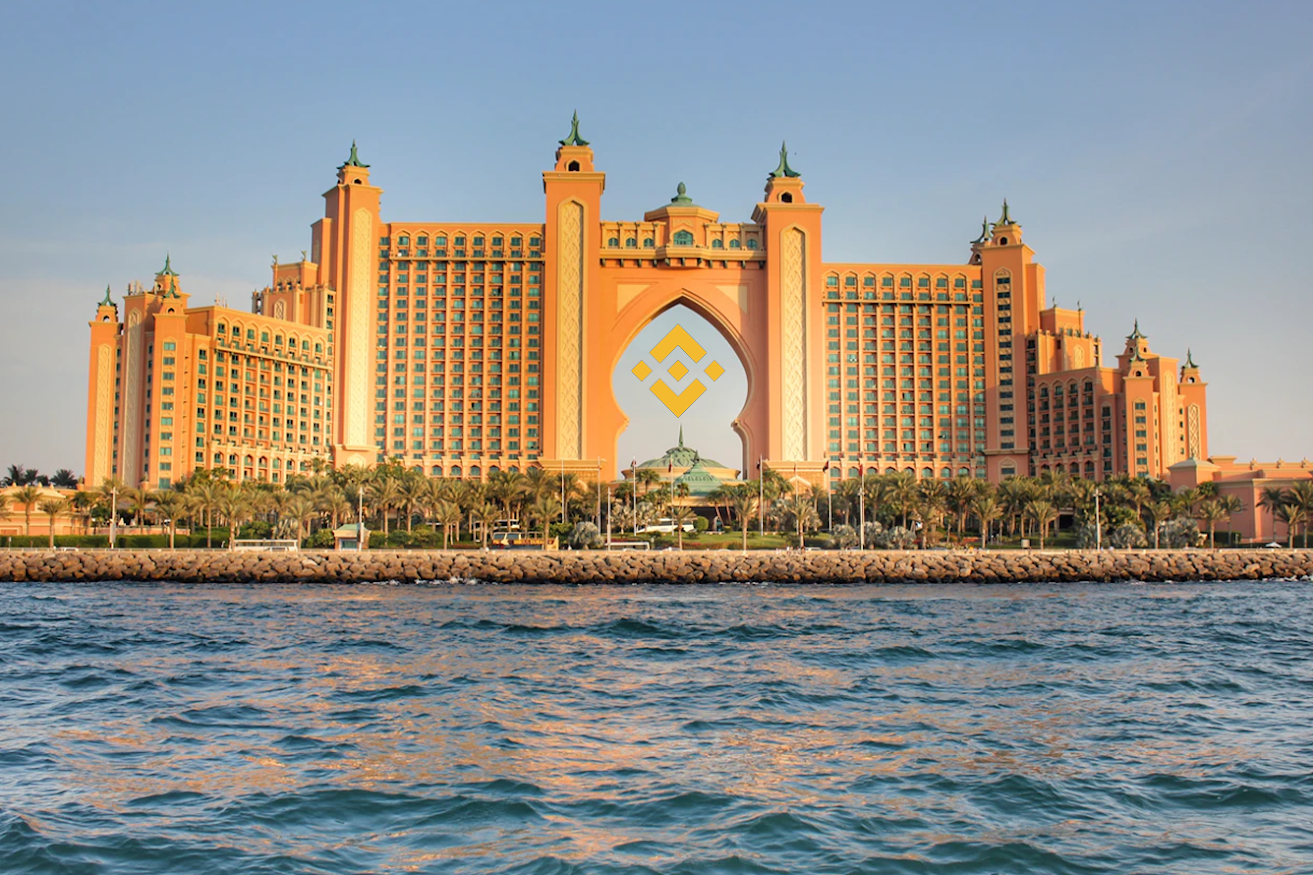Dubai’s new VARA rules force companies marketing virtual assets in the UAE to include a disclaimer stating that virtual assets may lose value and are subject to extreme volatility
Table of Contents
- Elsewhere
- Blockcast
- Events
- GeckoCon (Bangkok, 11 November 2024)
- It’s All Happening on LinkedIn
Under the amended marketing standards for virtual assets proposed by Dubai’s crypto regulator, a new warning outlining the dangers of investing in virtual assets is now required.
A “prominent” warning saying that “virtual assets may lose their value in full or in part, and are subject to extreme volatility” will be required of enterprises wishing to market virtual assets in the United Arab Emirates starting from October 1, according to Thursday’s announcement from the Virtual Assets Regulatory Authority.
The United Arab Emirates’ moves are similar to those of other nations, such as Singapore and Belgium, that have attempted to limit crypto advertising. The widely used “refer a friend” perks were outlawed in the UK last year. “The only guarantee in crypto is risk.” This is the new mandatory disclaimer in Belgian advertisements.

Businesses in the UAE that provide incentives for virtual assets or similar goods must obtain a compliance confirmation from VARA. This is in addition to following certain requirements, such as ensuring that the bonus cannot be used to “divert or mislead” investors from accurately evaluating the investment’s risk.
That comes despite Dubai becoming a top destination for crypto investors and enthusiasts.
Dubai as a Crypto Hub
Cryptocurrencies are not legal tender as the central bank has not authorised their use. However, it is possible to own and trade crypto assets.
Crypto usage is rising, while it is still relatively low at 10% of the local population. According to data published in April 2024, there were more than half a million crypto dealers in the area in February, a 51% increase from the previous year.
The UAE topped the charts for adoption per capita with a 68% growth of daily traders in the same year.
Centralised cryptocurrency exchanges (CEXs) are seeing more traffic, but regional crypto fans are increasingly interested in decentralised finance (DeFi) and utilise DeFi exchanges such as Uniswap and Raydium.
The rapid growth of the UAE’s digital assets industry stands out.
Although Abu Dhabi is quickly becoming known, the country’s capital, Dubai, has long been considered the crypto powerhouse of the Gulf.

Abu Dhabi Global Market (ADGM), the emirate’s financial hub and international economic zone, has announced that it is the fastest-growing financial hub in the region, with a 35 per cent increase in assets under management.
In recent years, the United Arab Emirates has sought to diversify its economy beyond its reliance on oil by focusing on technology and finance.
Crypto is well-positioned at the intersection of these two interests. The administration has spent the last two years creating a strong and adaptable regulatory framework.
Dubai and Abu Dhabi are leading this transformation with supercharged regulatory measures and an emphasis on digital assets to entice big institutional investors.
They could do this by a two-pronged approach: first, they expanded the regulatory frameworks that already existed for traditional finance to encompass digital assets; second, they introduced new regulations for digital asset exchanges.
The two emirates have followed a similar strategy in their pursuit of a free-trade zone and an enabling, autonomous regulatory body. The DIFC, or Dubai International Financial Centre, is a tax haven entirely controlled by foreign nationals.
The Dubai Financial Services Authority is a hallmark of this city, proactive and known for balancing innovation with risk.
Similarly, Abu Dhabi established the offshore Abu Dhabi Global Market (ADGM) in 2015; since then, it has attracted many investors and businesses drawn by its mission to promote fintech.

The country’s Financial Services Regulatory Authority (FSRA) is known for its comprehensive stance on regulating digital assets.
One way to see it is that Abu Dhabi focuses more on the institutional side of things, whereas Dubai is more of a consumer market.
Bringing all of the Emirates’ regulations in line would be a huge step forward for the UAE in terms of creating a consistent and favourable environment for investors and businesses.

